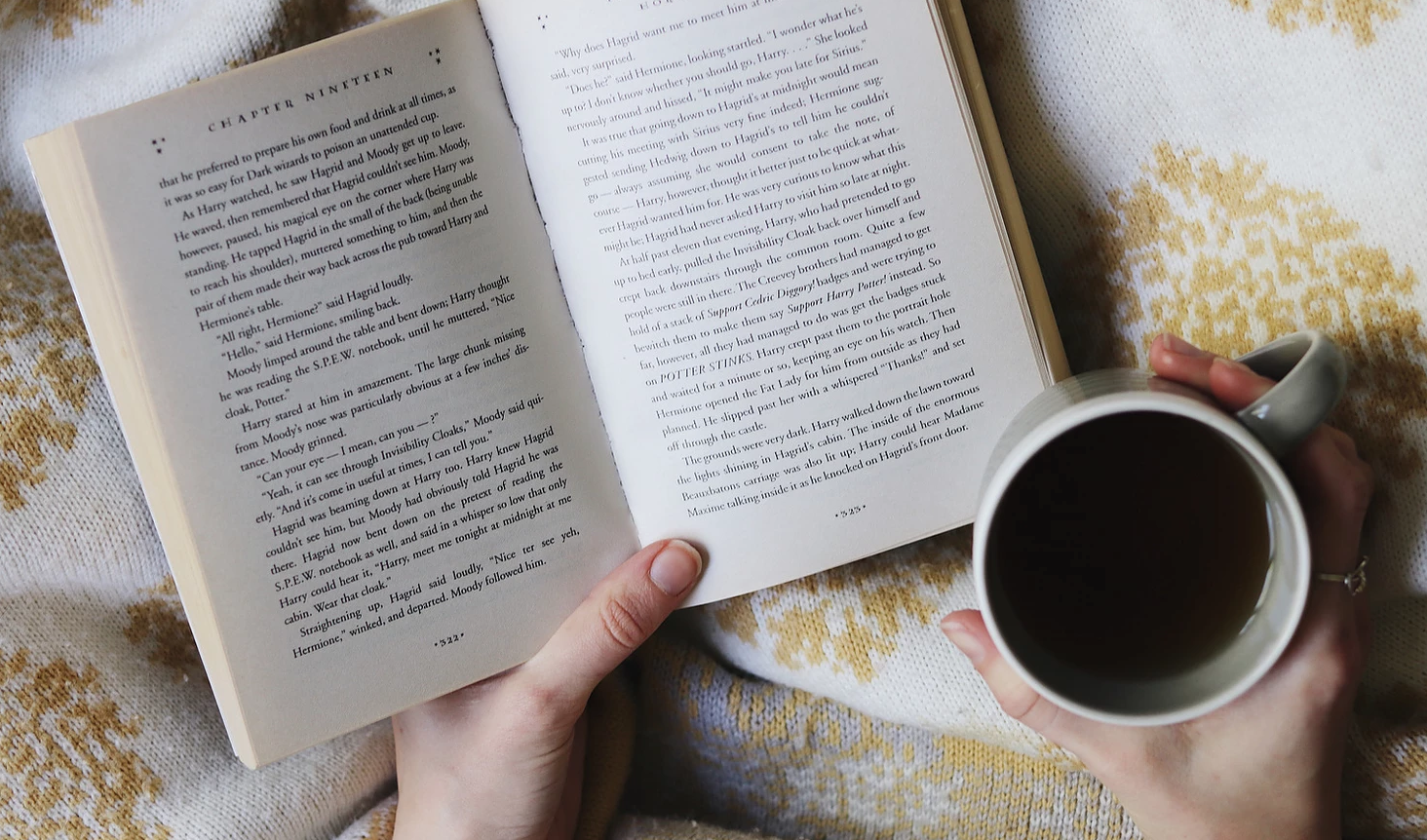We all have had moments where it feels like everything is happening all at once. Whether that be good or bad, it can be extremely overwhelming. With school and work, it may be projects piling up, exams, or a packed schedule. In our social lives, we may have weddings, plans with friends, and family events that happen within a short time frame. We may think of stress as a superficial, short term feeling that goes away once the chaos has subsided, but that is not always the case. The effects of stress can stay within the body for hours and sometimes days after the stressor has vanished. The intensity of the body's response depends on the individual and how they handle the stressor- either focusing on their emotions, avoiding the situation, or nourishing themselves and acknowledging the issue. It is essential to understand the different types of stress, how each variety can affect the body, and how to handle yourself when faced with such situations. Knowing what to do is not only beneficial for your overall health, but it makes you feel powerful and amazed at the control you can have over the situation!
What is stress and what does it do to the body?
Stress is the body's response to any situation that poses demands, constraints, or opportunity (Riehl, 2019). There are two main types of stress that people face: Acute and Chronic. Acute is short-term and is most common. An example would be daily occurrences such as a project deadline, or being stuck in traffic. Chronic stress is prolonged and can contribute more harm to the body if experienced too often. An example would be involvement in a toxic relationship. When the body detects a threat, the brain activates the sympathetic nervous system which stimulates a response typically known as the "fight or flight response." The sudden release of hormones, primarily adrenaline and cortisol, prepares the body to take action. When the rush of hormones is constant, this can cause a lot of wear and tear on your body. Once the alert phase is activated, the goal of the body is to return to its natural, parasympathetic state with regulated hormone levels.
When in "fight or flight" mode, the body focuses all of its energy into systems that are necessary and shuts off others that are not being used. One that becomes restrained is the digestive system. While there is no direct correlation between stress and IBD, more research has been conducted to investigate the influence of stress triggering symptoms. Ongoing stress can often go unnoticed, but it continues to impact the function of certain systems of the body. Stress is hard on the digestive system, as it affects which nutrients your intestines absorb, and how quickly food is moved. A recent study has found that IBD symptoms may increase because the sympathetic nervous system acts on the lining of the colon and may worsen current inflammation. Evidence has also led scientists to believe that stress hormones may help harmful bacteria reside in the intestines (Norton, 2010).
What causes stress?
This reaction is initiated by the presence of stressors, anything that triggers a physical response. The causes of stress differ for each individual- we all have our unique threshold and perceive situations differently. For example, if there is a presentation that requires the student to talk in front of their class, one person may not mind public speaking and are not worried about presenting, while another student may dread public speaking and feels exceptionally anxious. Of course, not all stress is bad- an example of good stress would be the feelings you may experience before an athletic event. Some common stressors include school, work, busy schedule, traveling, finances, lack of sleep, and poor diet.
How to handle stress:
Generally, there are two types of coping styles; Problem-Focused and Emotion-Focused. People who are Problem-Focused approach the issue head-on, whereas people who are Emotion-Focused tend to lean into distractions and avoid the issue. It is critical to recognize what coping style you tend to resort to naturally so you are more prepared when faced with a future problem. You are also able to understand yourself better! Regardless of your natural response to a stressful situation, it is also essential to know how to take a break amid chaos. Taking a break allows yourself to calm down and assist your body back to its normal state.
Stress reduction techniques can help you find peace and maintain perspective when consumed by pressure. It is vital to find something that appeals most to you- what works for one person may not work for another. Trying out a few different techniques can help you see what works best for you and can quickly become your go-to reaction to stressful situations. Some great things to incorporate into your stress managing tool-kit include: incorporating physical activity, talking and spending time with friends, reading, and baking. Even taking the time to focus on your breathing when you find yourself becoming overwhelmed can help manage the intensity of the stress response. Finding an activity that stimulates rest, clears your head, and makes you happy is one of the most beneficial things you can do for your overall well-being!
How I learned to calm my mind with movement:
Through the years, as I have become more aware of listening to my body and provide for its needs, I have learned the importance of handling stress better. I recognize now that when I experience significant amounts of pressure in a short amount of time, not only do I feel exhausted but I also suffer from an increase in symptoms. If I am under stress for a more extended amount of time, I have prolonged symptoms and discomfort. I have developed habits of practicing yoga, going on walks, and meditation- all things that allow me to slow down my mind and put life on pause. However, I do not only do these things when I'm stressed. They bring me such joy and contentment; I make time each day to do at least one (sometimes all) of these activities!








